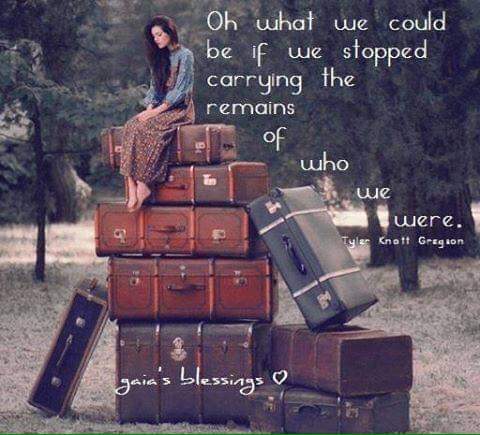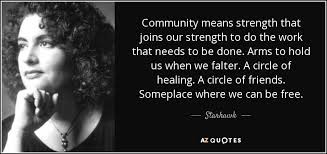I apologise to my followers for having stopped writing but last summer seemed to drain me and left me rather lacking in passion for writing anything. I will not bore you with the details but the political situation had much to do with it. I felt that in the face of such a move to the right the most vulnerable in our society whose life chances are few anyway were really about to be lost to the tide of populism. That being so then anything I had to say was a waste of time.
BUT
“You may leave care but care never leaves you”
This is a quote that never leaves me. Just like my childhood has never left me so it is for those who did not have such a fortunate childhood. It was the inspiration, along with Eric Sedge’s song, for the Kinder Shores charity. This week I became engaged in an online debate with a woman who spent her teenage years in care following an adoption breakdown, she is now nearly 50 and was meeting her family for the first time in more than 30 years.
The first thing that struck me was not just the mix of huge excitement and fear about this meeting but also the desperation that this would go well. She would, at long last, belong to a real family, her family, and not one made up of the care experienced and professional carers. The latter is not diminished by this statement at all because families are made up of many different threads of life. I have seen time and time again that desperation for a blood tie, the family seen as the real family and that no matter how difficult their previous history together has been there is always that longing and the hope of reconciliation.
“The silver link, the silken tie,
Which heart to heart, and mind to mind,
In body and soul can bind.”
This is a quote from Sir Walter Scott used by the now much discredited Bruno Bettleheim in a ” Good Enough Parent”. Just for the record I still feel his work and writing has much to offer us despite his alleged dishonesty about himself. I used this in my Masters dissertation in 1989 which reading now shows that I had somewhat naive ideas. These have been developed with years of experience and with the advantage of age giving insights into the ongoing trauma and distress of those who are care experienced as children. How right it is that that silver link is so very strong and that it’s exploration , often couched as a search for truth, is critical to being able to really belong in this world. It is not always immediately seen as a route to repair and to being able to move forward but this is sometimes an unintended consequence. This requires another element to enter the arena that of forgiveness and this is most difficult for both parents and children.
This meeting may have been hugely anticipated by both parties but in a premeeting phone call it became clear that each had developed a narrative about the initial care event and the intervening years that did not match. The most serious element of this is that her parents believed that her leaving the family for care was due to her inability to cope with being adopted not the significant and serious abuse that had been the definition of her childhood. I am certain that it would not be advisable to share all of the events in her life since leaving her family home as they would be too much for a parent to hear in the early days of an evolving relationship. However this denial is so fundamental to the establishment of any future together and has underpinned every single aspect of life for her being such a destructive force it is difficult to see how this could possibly be overcome. I have to ask myself as a social worker at the time of these events whether we did enough to work with both parties? Is this current situation also the responsibility of the professional who intervened in these lives as well as the individual members of the family? Should we have some obligation to assist with the reconciliation at this stage or simply ignore it and let them get on with it supposedly as “grown-ups”? This is not a question to be answered by a comment on resources but a question of humanity and professional responsibility for our actions as rescuers. I leave it open to debate.
Adoption is a difficult place to find yourself too. These are her adoptive parents who are also part of her extended family. Adoption services cannot hide behind the ” forever family” nonsense. Who exactly do you belong to? And who, when these issues interfere with your adult life in a significant and serious way is going to help resolve these complex issues? In a parallel online conversation this woman’s son, also adopted, began a conversation on Facebook about his unresolved issues around adoption and asked for those who were in a similar position to contact him hoping to find some answers and support. His simple quest was to understand why he was so angry and how his mother was unable to offer him any support to resolve his questions. The answer to the latter question is simple from the outside.
If we even begin to believe that care is a simple act of rescue and then finding a suitable placement preferably with that forever family, of getting reviews done on time and keeping the statistics on placement moves and exams on course, then we are deluding ourselves. We are leaving a legacy of hurt, anguish and pain for so many and offering no help with resolution. Of course not for everyone but for a significant number, those over represented in the prison population, in addiction services, mental health facilities and among the homeless. We owe them, their chaotic lives are not entirely down to them. Maybe there needs to be “forever “care teams offering specialised support to care experienced adults. Ah….. I hear the chorus gathering about lack of resources.

I







